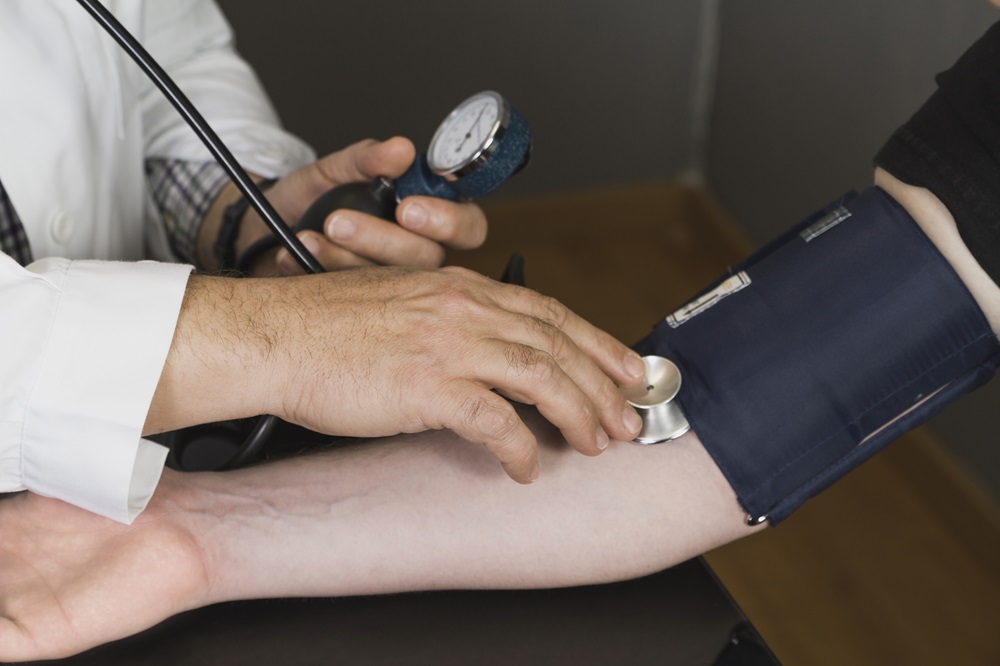
- January 31, 2024
- drsfurtimann
- 0
What is Hypertension?
Hypertension, commonly known as high blood pressure, is a condition where the force of the blood against the walls of the arteries is consistently too high. Blood pressure is measured in millimeters of mercury (mmHg) and is recorded with two numbers: The Systolic Blood Pressure (the higher number) and the Diastolic Blood Pressure (the lower number). A normal blood pressure reading is around 120/80 mmHg. Hypertension is diagnosed when blood pressure consistently exceeds 130/80 mmHg.
Why is Hypertension a Concern?
High blood pressure can lead to serious health issues, including heart disease, stroke and kidney damage. It is often called the “silent killer” because it may not cause noticeable symptoms until it has reached an advanced stage. Regular monitoring and management are crucial to prevent complications.
Causes of Hypertension
- Age: Blood pressure tends to rise with age
- Family history: A genetic predisposition to Hypertension
- Lifestyle factors: Lack of physical activity, poor diet (high in salt and low in potassium), excessive alcohol consumption and smoking
- Chronic Kidney Disease: Impaired kidney function can lead to high blood pressure
- Hormonal factors: Conditions such as thyroid disorders or hormonal contraceptives
- Sleep Apnoea: Interrupted breathing during sleep can contribute to hypertension
Symptoms of Hypertension
Hypertension is often asymptomatic, but some people may experience the following symptoms:
- Headaches
- Shortness of breath
- Dizziness
- Chest pain
- Fatigue
- Vision problems
Diagnosis
Regular blood pressure checks are essential for early detection. Diagnosis involves multiple readings over time. Additional tests may include blood tests, urine tests and an Electrocardiogram (ECG) to assess heart health.
Treatment and Management
- Lifestyle Changes
- Adopt a heart-healthy diet rich in fruits, vegetables, whole grains and low-fat dairy products
- Reduce sodium intake
- Engage in regular physical activity
- Maintain a healthy weight
- Limit alcohol consumption
- Quit smoking
- Medications
- The healthcare provider may prescribe medications to help lower blood pressure
- Take medications as directed by the physician and inform the healthcare professional about any side effects
- Regular Monitoring
- Keeping track of one’s blood pressure at home
- Attending regular check-ups with the healthcare provider
- Healthy Habits
- Manage stress through relaxation techniques and deep breathing exercises
- Ensure 6-8 hours of adequate sleep
Complications of Untreated Hypertension
- Heart Disease
- Stroke
- Kidney Damage
- Vision Loss
- Peripheral Artery Disease
When to Seek Medical Attention
If one experiences severe headaches, shortness of breath, chest pain or sudden vision changes, they should seek immediate medical attention.
Understanding and managing hypertension is crucial for a healthy life. By making lifestyle changes, taking prescribed medications and working closely with the healthcare team one can control their blood pressure and reduce the risk of complications. Regular monitoring and early intervention are key to maintaining optimal cardiovascular health.
